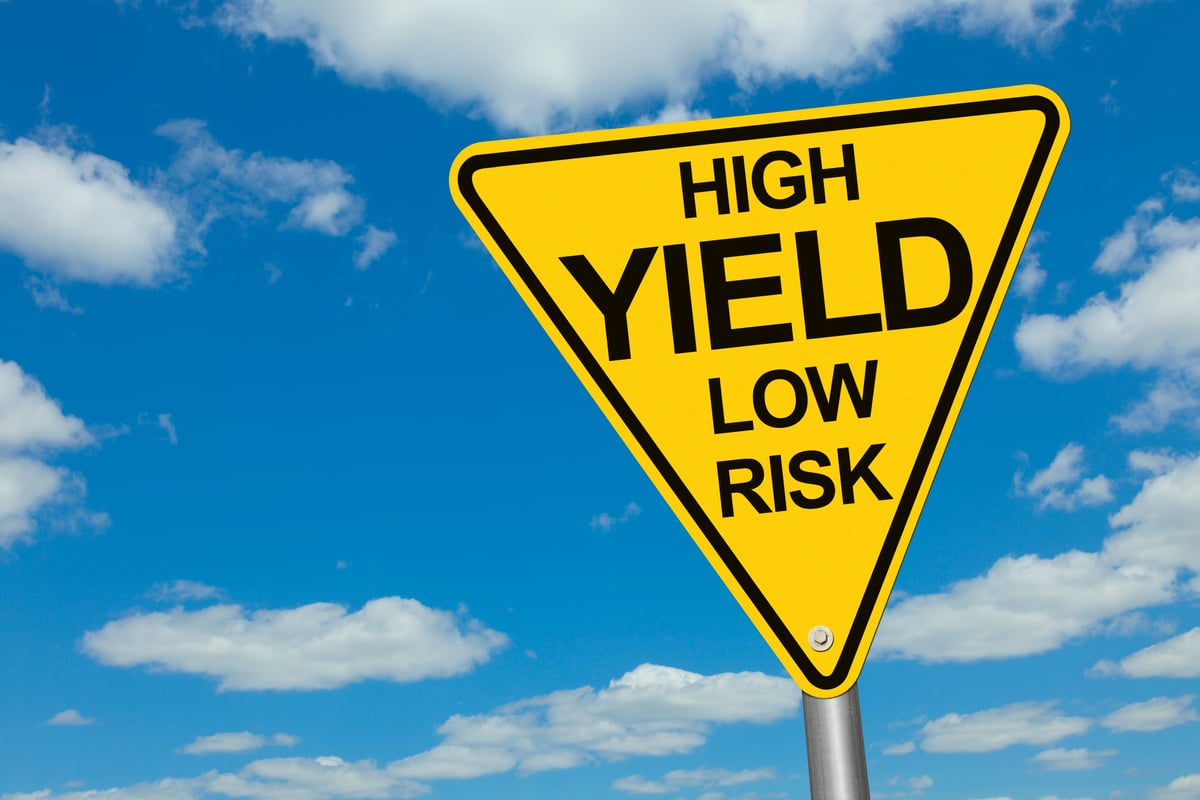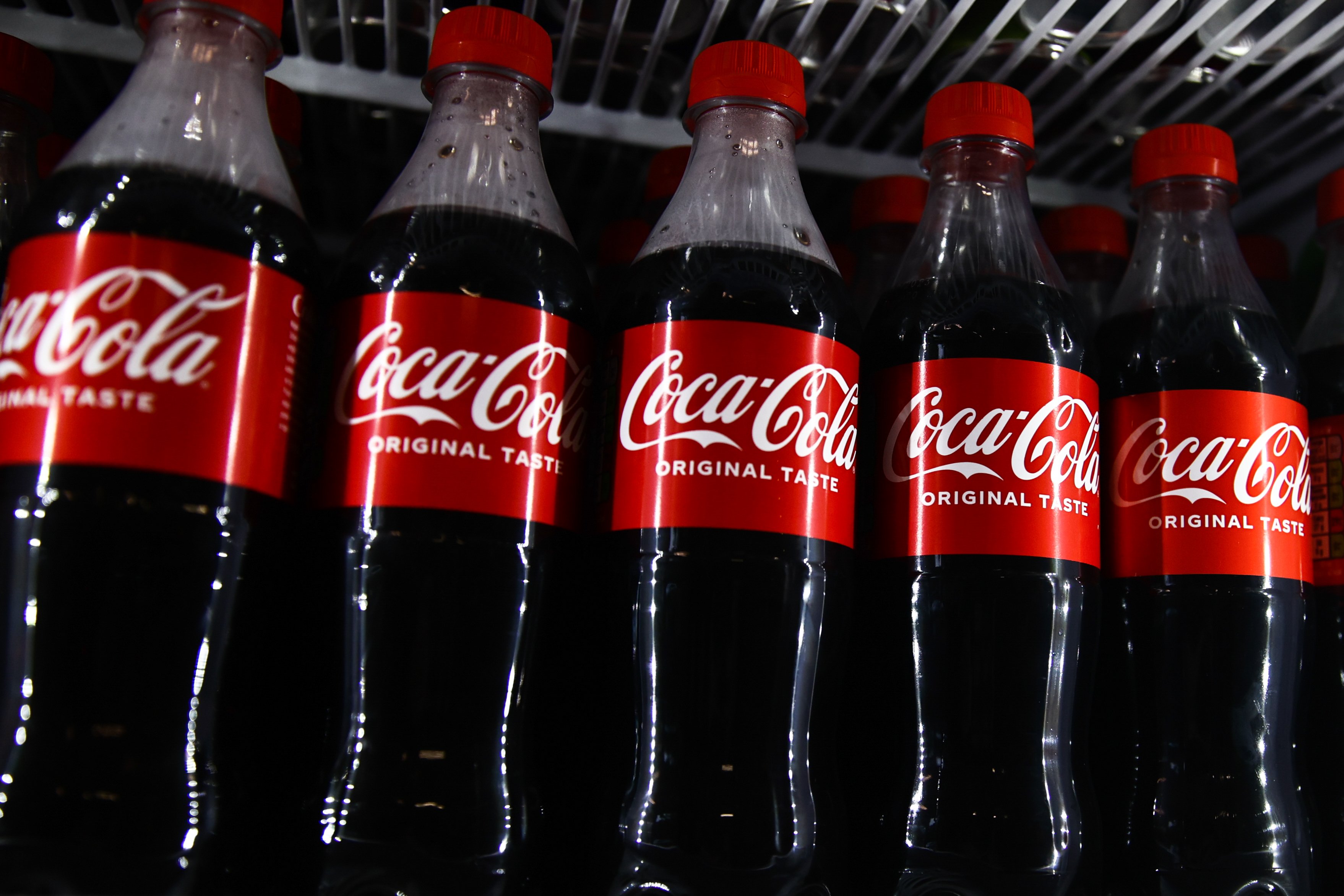Corporations are all about money and economics, but too much short-term thinking in modern business and investing has led to some suboptimal and even absurdly short-sighted outcomes. Take the tendency to ignore the long-term dangers inherent in increasingly scarce or polluted vital resources like water.
Without water, we can't produce food. And right now, some methods of water-intensive food production could be viewed as a parched-earth policy.
Fortunately, increasing numbers of companies' managements recognize how an issue that is so intrinsic to their own businesses must be addressed. Meanwhile, some shareholders are pushing for positive change at those that are lagging -- and making some progress.
Earlier this year, Ceres, a nonprofit organization that works with business and investor leadership on climate change, water scarcity, and other sustainability challenges, examined and identified 37 well-known food companies that are working hard on their water policies (as well as those that aren't).
Last week, Ceres announced that some companies that had fallen behind on some measures its report tracked have now committed to better address the water issues that will impact their businesses -- and the rest of us, too.
Risky business
In May, Ceres released the report, "Feeding Ourselves Thirsty: How the Food Sector is Managing Global Water Risks." This in-depth report (which is well worth the read) evaluated public information on water use, stewardship, and policies to show which food companies are leading or lagging in dealing with the area.
Food production is the most water-intensive practice, with 70% of all freshwater used for crop irrigation and animal farming. Meanwhile, one-third of all food production is currently conducted in places with high or extreme water stress issues and competition for the essential resource.
It's probably tempting to view such issues as challenges that an amorphous "someone" will deal with in the far-off future, but these simply aren't problems for some distant "tomorrow" anymore. Some companies have already been reporting real financial hits related to water challenges and related problems such as climate change and natural disasters. Ceres provided several recent real-world examples to consider:
- Last year, Cargill's profit dropped 12% as a four-year drought in the U.S. Southwest damaged pastures for raising beef.
- Coca-Cola (KO +1.69%) canceled its planned $81 million bottling plant in India after local farmers expressed concerns about groundwater supplies.
- Unilever (UL +1.36%) pointed to natural disasters related to a changing climate as leading to a variety of dangerous factors, including water scarcity, for $400 million in annual costs.
Water winners and laggards
Ceres' report scored the 37 food sector companies it covered on a scale of 0-100, based on indicators and scoring through its Ceres Aqua Gauge. These included companies' overall corporate governance and management of water risks; actions to reduce water risks and their impacts in their (a) direct operations; (b) manufacturing supply chain; and (c) agricultural supply chain.
Unilever has been gaining a reputation as a company that has wholeheartedly embraced stakeholder-aware business management, including work on sustainability issues. Therefore, it's not surprising it received the highest score of all companies, with a score of 70.
Coca-Cola achieved the second-highest rating, at 67. Nestle was close behind, with a 64 score. General Mills and PepsiCo rounded out the top five with scores of 57 and 55, respectively.
There were, of course, some sadly low scores among companies and industries. For example, meat production is a notoriously water-intensive business, and the industry scored noticeably low. Private pork producer Smithfield Foods came in highest in the industry with a score of 33, and chicken producer Pilgrim's Pride came in at the bottom with a 3.
There were several single-digit ratings among the companies assessed across industries; Monster Beverage and Pinnacle Foods both came in at the bottom with scores of 1, and Flowers Foods and Ingredion each received scores of 5.
Turnoffs and turnabout
Although these issues should be increasingly important for traditional investors, socially responsible investors, and those who wish to invest with environmental, social, and governance (ESG) factors in mind, have already tended to weigh the financial and other risks in sustainability issues like water scarcity and pollution.
Given that perspective, some of the scores may be particularly disappointing. Take Hain Celestial (HAIN 2.48%) and WhiteWave (WWAV +0.00%), which received scores of 8 and 11, respectively. Both companies peddle organic and natural goods, which bring to mind environmental sustainability right off the bat. However, if they're falling behind on some aspects of dealing with water risks, they could be indulging in some risky business going forward, not least of which would be a little more reputational risk given their brand identities and product portfolios.
On a more positive note, though, Ceres' update revealed that both companies have responded to shareholder inquiries on the topic, and they are among the ones that have now committed to publicly disclosing how they are assessing and addressing these risks.
The other companies that have also agreed to take the proverbial plunge and up their game include Kraft Heinz, Dr Pepper Snapple, Hormel Foods, Tyson Foods, and Pinnacle Foods.
Water proactivity protects future profits, it doesn't drain them
Companies that address water scarcity and related problems like water pollution are not only doing the right thing, but they're doing the smart thing. As shareholders, we should appreciate when our companies devise ways to keep supplies of crucial resources plentiful and clean. Such policies shouldn't be viewed as costs, but rather as corporate investments -- and signs of good managements with the ability to innovate in an ever-changing and sometimes-precarious world.
Investments in water security are a win-win for communities, businesses, and investors. Obviously, progress is being made as companies like Unilever and Coke continue to use their business brawn to deal with the issue. And shareholders reaching out and constructively engaging with companies about the issue are nudging us to a safer future as well.
The more companies get on board, the better off our long-term portfolios -- and the future of people and planet -- will be.
Check back at Fool.com for Alyce Lomax's columns on environmental, social, and governance topics.








